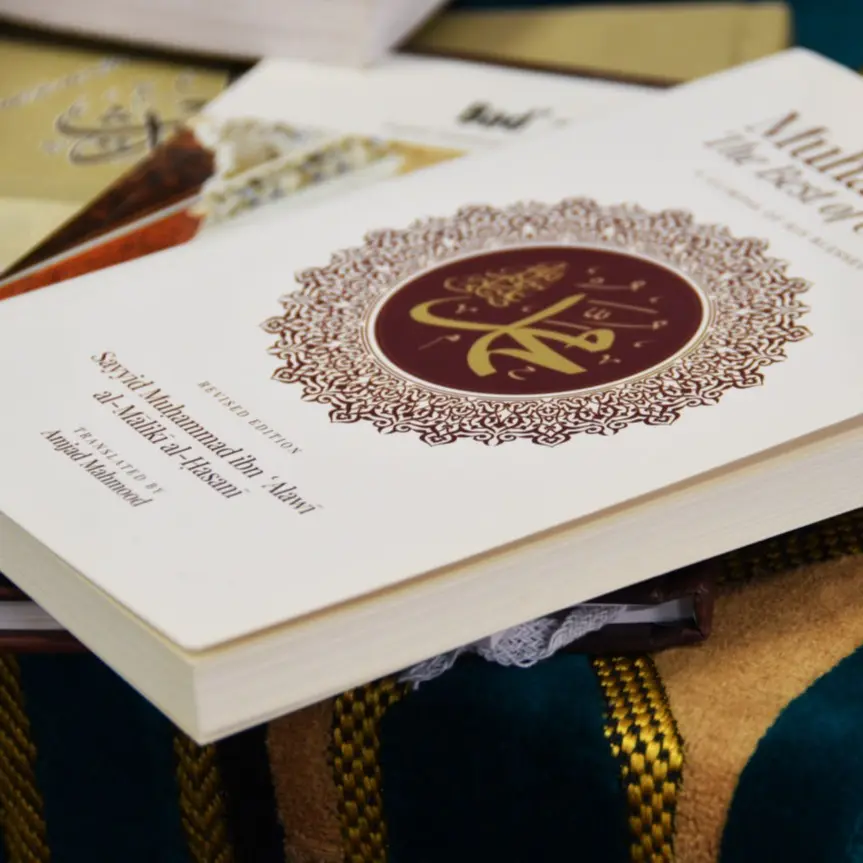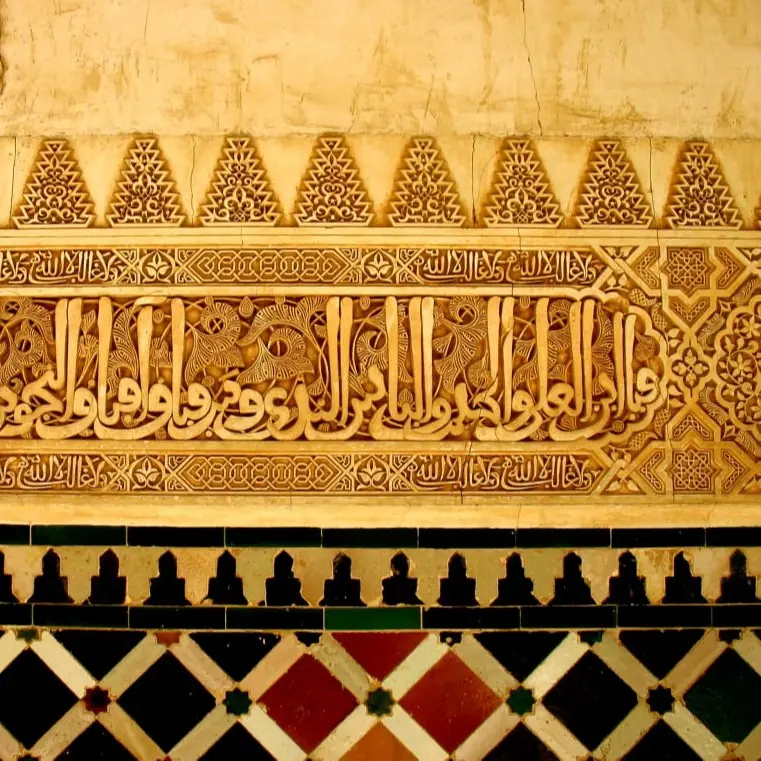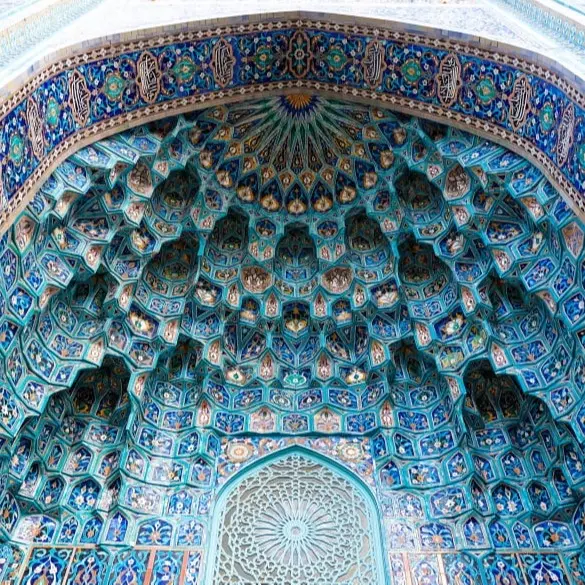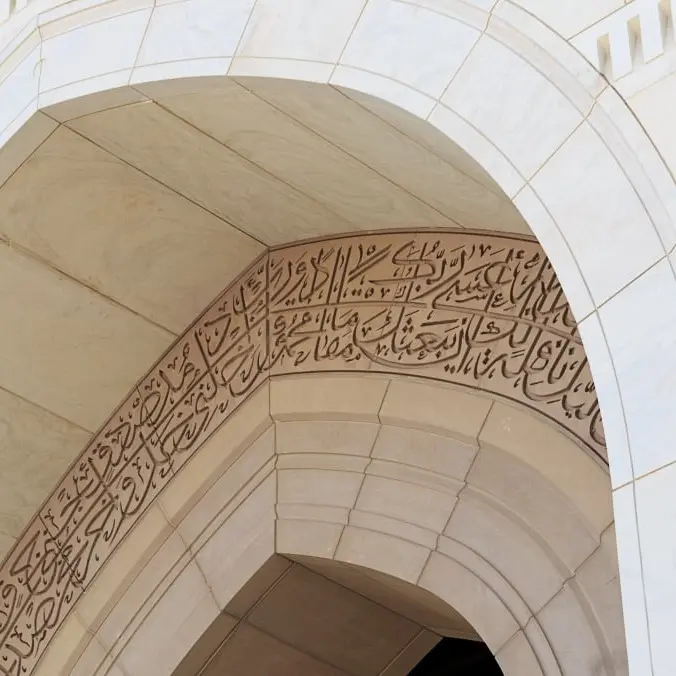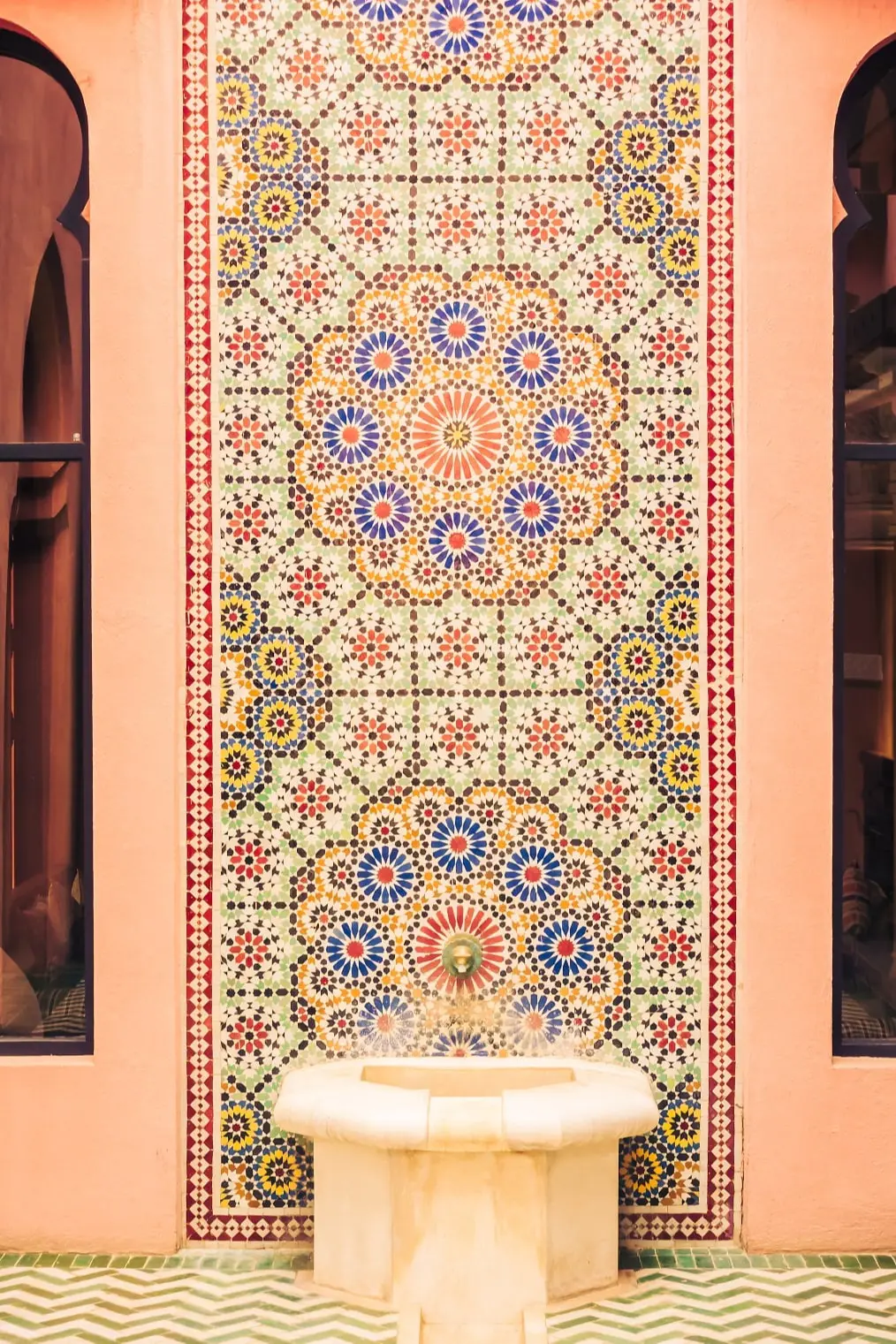
ORIGINS OF THE DARS-E-NIZAMI CURRICULUM
The Indian Subcontinent produced some of the greatest experts of the Islamic Sciences over the course of centuries. A significant contributor to this chain of prestige scholarship, especially in the last few centuries has been the Dars-e-Nizami curriculum, designed by one of the leading scholars of his age, Mulla Nizam al-Din Sihalwi (d. 1747 CE), after whom the curriculum is named.
The great Mughal Sultan, Aurangzeb ‘Alamgir (d. 1707 CE) offered a building in Lucknow, formally owned by a French tradesmen to Mulla Nizam’s family to live in, known as the ‘Farangi Mahall’. Mulla Nizam & his brothers soon turned this building into the leading centre for knowledge & practice in the Subcontinent & the scholars who benefitted from this tradition became known as the ‘Farangi Mahallis’.
Soon, the political landscape drastically changed with British colonialism taking its grip on India. Responding to such challenges, a prominent branch of the Farangi Mahallis, known as the Khairabadis, emerged as leading figures in upholding this rich tradition of Dars-e-Nizami. Notably, Allama Fazl-e-Haq Khairabadi (d. 1859 CE) embodies this dedication. Today, the inheritors of the Khairabadi tradition continue to play a vital role in preserving and furthering the rich legacy of the Farangi Mahall.
